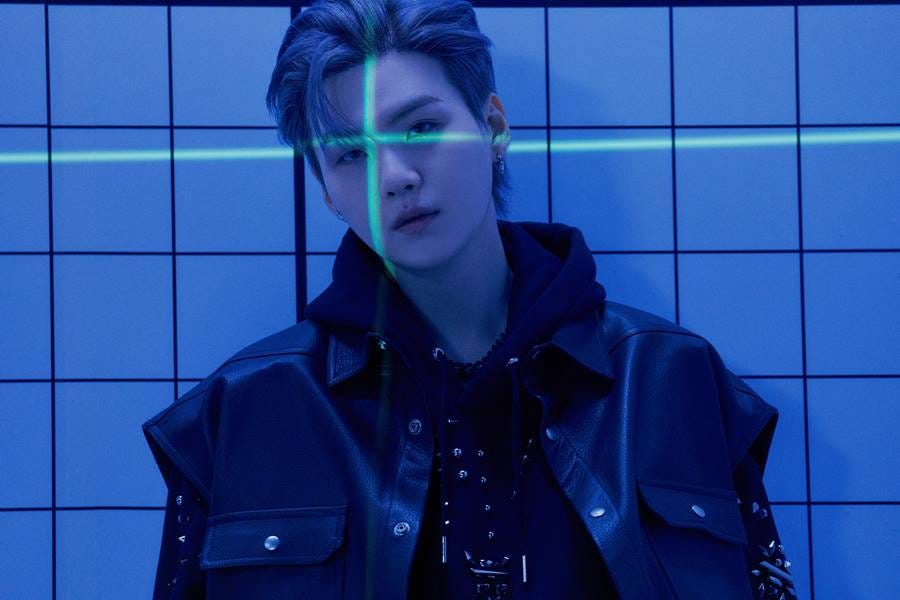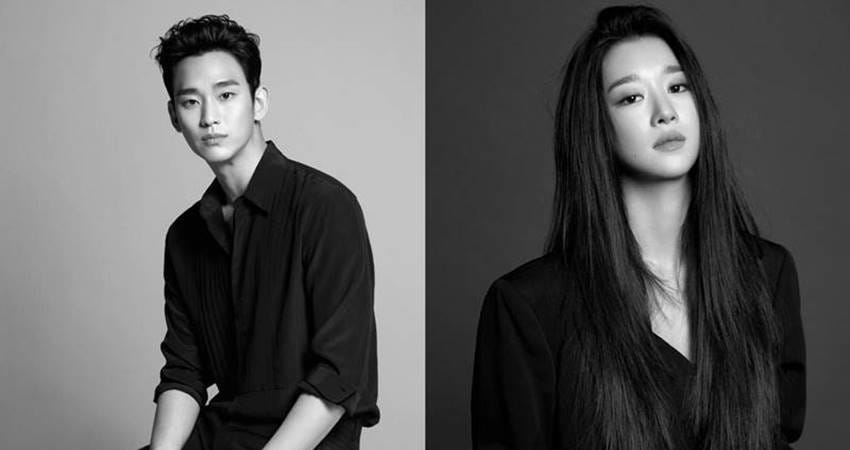☆☆☆½
"Suga: Road to D-Day" starts off peacefully, showing the BTS rapper driving along a stretch of the United States, with the wind gently blowing his hair. And before I'm accused of writing a piece of Wattpad fan fiction, I'll get straight to the point. Though it may sound incongruous, this segment reminded me so much of Roy Orbison's music video for "I Drove All Night," which is a song about the yearning passion between two young lovers (portrayed by Jennifer Connelly and Jason Priestley).
Clearly, this 81-minute documentary isn't about romantic love. But it is a poignant telling of a man's love for his art and the care he takes to prepare the best for his listeners. "Suga: Road to D-Day" is about his search for inspiration, and how his travels are a respite not only from his hectic career, but also sometimes serve as his muse.
"It's my dream to travel around the world and play with local musicians playing their traditional instruments," he says. "It's my dream to record them and make music based on that."
But he has trepidation, too.
"I worry that I won't have anything to talk about," Suga says. "I have fears that I have no more dreams to follow."
Naysayers might say those are disingenuous words coming from one of the world's most famous and prolific music artists. But it's a sentiment that has been echoed by many musicians, including the great Japanese composer Ryuichi Sakamoto — who passed away on March 28 at the age of 71.
While traveling in Japan last September, Suga nervously prepared to meet with Sakamoto in Tokyo. As they are introduced, Suga shows his respect by bowing deeply multiple times to the legendary artist before they sit down for an intimate chat. (Or as intimate a chat one can have when there's a camera crew documenting the conversation.) Suga tells him how he was inspired and fascinated by Sakamoto's "The Last Emperor" score.
And then Suga admits that he has to combat his own fears of running out of ideas. He asks, "What inspires you to keep making music after all this time?"
Sakamoto thoughtfully ponders the question before replying, "No matter how many songs you make, you're never satisfied. If you feel satisfied, that's the end. There are stairs that go up infinitely and always a floor above the floor you're on. There is no end. I wish to get as close to the top as possible."
At this point, Suga can barely look at him. He's not being rude. Rather, his admiration for Sakamoto is so palpable that at this moment, Suga isn't a superstar in his own right. Rather, he is Min Yoon-gi from Daegu. He may have earned the right to sit with one of the musicians he respects the most, but he is in awe.
Later in the documentary, Suga will be greeted by Korean immigrants — grown ahjussis, and not the screaming teenage girls that Western media would have you believe constitutes the entirety of BTS' fandom — who are a little choked up at meeting him. They tell Suga that he is a role model who has made their country proud. Suga shyly accepts their compliments.
"In 2018, I was told that I'd been chosen to represent this generation," he says. "I never thought of it that way. I never meant to be a role model. But when I travel overseas, a lot of Koreans — and a lot of Korean business owners — tell me this."
This film works so well because so much is packed into the relatively short running time without feeling rushed. Vocalists like IU and The Rose's Woosung duet with Suga on "People Pt.2" and "Snooze" (which also features music by Sakamoto) — songs included on his first official solo debut "D-DAY."
But there're also plenty of appearances by pop star collaborators like Halsey, Anderson .Paak and Steve Aoki. These segments look more like friends hanging out than chi-chi celebrity get-togethers. (Excuse me, but who else gets to spin Suga around in a chair than Anderson .Paak?! And who else gets their hair braided by Halsey while they catch up?!)
Suga being Suga, he is his inquisitive self at Aoki's studio. Noting that it's full of photos of BTS, he asks, "Why does Steve have photos of us up? Did he put them up just for me?"
Then he sniffs one of the frames.
"It smells new," Suga teases.
It's clear he has nothing but love for the famous DJ. "He's a really nice guy who's tried to help us," Suga says. "I think it's because he's Asian, too."
And just when viewers are a bit verklempt over the mutual respect shown between these two Asian celebrities, the next shot shows them jumping on a trampoline like they're at a tween's birthday party.
The 12-year-old side of me was also delighted to hear Suga swear when he was frustrated. Not just dammit, but the F-bomb, which Disney+ chose not to translate, by the way. (Those you who read my previous post about Korean swear words will recognize 씨발/sshi bal and 씨/sshi).
Remembering what Bang Si-hyuk — the founder of Big Hit Music and Hybe — said to him when he talked about his worries, Suga said, "Mr. Bang told me, 'If you're that successful and unhappy, then what in the world are you working for?' I don't know. 씨발! I don't know why I'm so obsessed."
Ultimately, Suga's main fear is not being remembered.
"People forget about you quickly," he says. "That's why I'm working so much."
Suga doesn't talk about his impending mandatory enlistment — which all able-bodied South Korean men are required to fulfill — but it's not a stretch to assume that he has worries that some of his fans may forget about him and what he has created.
But these thoughts of his resonate: "I condense the millions of thoughts in my head and turn them into lyrics. I don't have any complaints about what I've done with my work so far. It's up to listeners to judge my work. Only time will tell. ... [But] it's OK to care less about what people think."
Airdates: The 81-minute documentary released on Disney+ and Weverse on April 21, 2023. I watched an early screener of this film for this review.
ETA: My review of Suga’s Chicago concert is here.
© 2023 JAE-HA KIM | All Rights Reserved






Thank you for pointing this out about Western media: “ screaming teenage girls that Western media would have you believe constitutes the entirety of BTS' fandom “
I appreciate you calling that out. They couldn’t be more wrong.
The context and nuance of your pieces always enrich my perspective. Thank you!